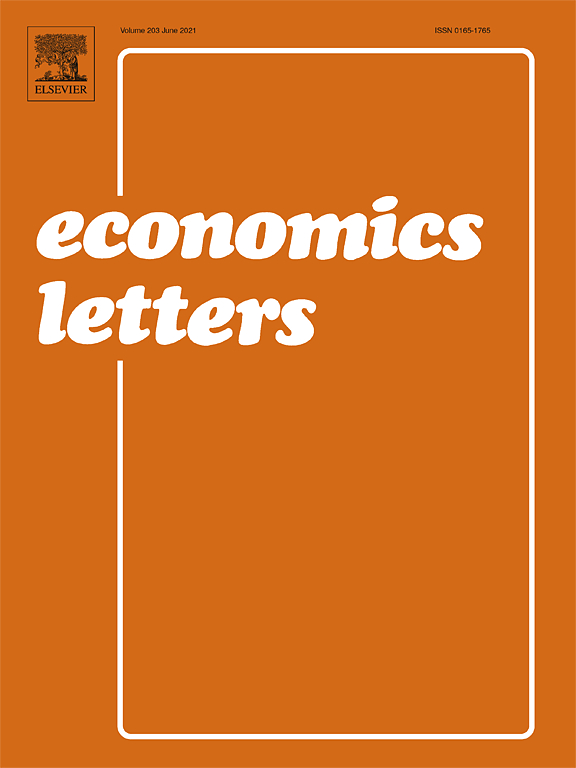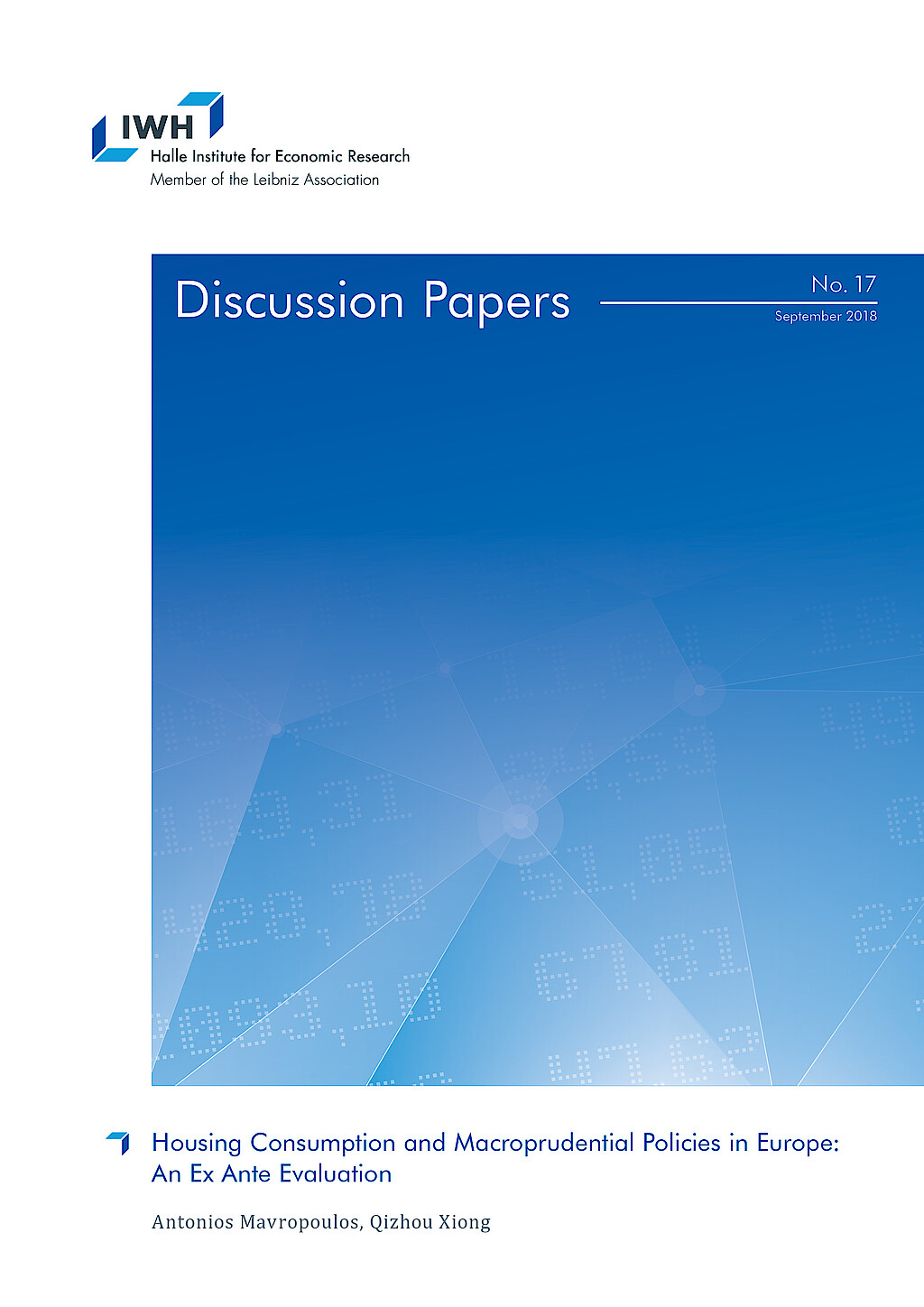Risikoverlagerung in Finanzmärkten und nachhaltige Finanzierung
Erleichtern Finanzinstitute nachhaltige Finanzierungen? Diese Forschungsgruppe untersucht die Anreize der Kreditgeber zur Risikoverlagerung, ihre Entscheidungen bei der Unterstützung nachhaltiger Unternehmen und wie sich nachhaltige Finanz- und Rechtsinnovationen auf Unternehmen und Haushalte auswirken.
Forschungscluster
Finanzresilienz und RegulierungIhr Kontakt

- Abteilung Finanzmärkte
Referierte Publikationen

External Social Networks and Earnings Management
in: British Accounting Review, Nr. 2, 2022
Abstract
Using a sample of U.S. listed firms for the 2000–2017 period, we examine how external social networks of top executives and directors affect earnings management in their firms. We find that well-connected firms are more aggressive in managing earnings through both accruals and real activities and that the results are robust after controlling for internal executive social ties. Using a difference-in-differences approach, we find that earnings management decreases after a socially connected executive or director dies. Additional analysis shows that connections forged by past professional working experiences have a greater impact on earnings management than connections forged by education and other social activities. Moreover, CFO social networks have a greater influence on earnings management than CEO social networks. Finally, we explore the underlying mechanisms, finding that 1) firms that are socially connected to each other show more similarities in their earnings management than firms that do not share a connection, and 2) more connected firms are less likely to incur accounting restatements. Collectively, our findings indicate that the external social networks of top executives and directors are important determinants of both their accrual- and real activity-based earnings management.

Military Directors, Governance and Firm Behavior
in: Advances in Accounting, December 2021
Abstract
We build a large dataset of board of directors with military experience and document a substantial and persistent presence of independent military directors serving on corporate boards. We find that firms with independent military directors are associated with better monitoring outcomes, including less excessive CEO compensation, greater forced CEO turnover–performance sensitivity, and less earnings management.

Local Product Market Competition and Bank Loans
in: Journal of Corporate Finance, 2021
Abstract
We investigate the influences of local product market competition on the cost of private debt. Our evidence suggests that the cost of bank loans is significantly higher for firms headquartered in states with greater local product market competition measured by the Herfindahl-Hirschman Index for resident industries. To establish causality, we examine the recognition of the Inevitable Disclosure Doctrine and firm relocations to identify exogenous shocks to local product market competition. We find that the cost of bank loans is lower for firms facing less intense local product market competition after the adoption of IDD and higher for firms relocated to states with more competitive product markets. The results imply that banks value the characteristics of a firm's local product market when approving loan contracts.

Global Equity Offerings and Access to Domestic Loan Market: U.S. Evidence
in: International Review of Financial Analysis, March 2021
Abstract
This study examines whether and to what extend global equity offerings at the IPO stage may affect issuing firms' ability to borrow in the domestic debt market. Tracking bank loans taken by U.S. IPO firms in the domestic syndicated loan market, we observe that global equity offering firms experience more favorable loan price than that offered to their domestic counterparts. This finding holds for a set of robustness tests of endogeneity issues. We also find that, compared with their domestic counterparts, global equity offering firms are less likely to have financial distress, engage more in international diversification, and are more likely to wait a longer time to apply for syndicated loans.

Income Inequality and Minority Labor Market Dynamics: Medium Term Effects from the Great Recession
in: Economics Letters, February 2021
Abstract
Using a difference-in-differences framework we evaluate the effect that exposure to a bank failure in the Great Recession period had on income inequality. We find that it led to a 1% higher Gini, relative rise of 38 cents for high earners, and 7% decline for lowest earners in treated MSAs. Moreover, we show that blacks saw a decline of 10.2%, Hispanics 9.8%, and whites 5.1% in income. Low income blacks and Hispanics drove much of the effect on inequality.
Arbeitspapiere

Housing Consumption and Macroprudential Policies in Europe: An Ex Ante Evaluation
in: IWH Discussion Papers, Nr. 17, 2018
Abstract
In this paper, we use the panel of the first two waves of the Household Finance and Consumption Survey by the European Central Bank to study housing demand of European households and evaluate potential housing market regulations in the post-crisis era. We provide a comprehensive account of the housing decisions of European households between 2010 and 2014, and structurally estimate the housing preference of a simple life-cycle housing choice model. We then evaluate the effect of a tighter LTV/LTI regulation via counter-factual simulations. We find that those regulations limit homeownership and wealth accumulation, reduces housing consumption but may be welfare improving for the young households.






